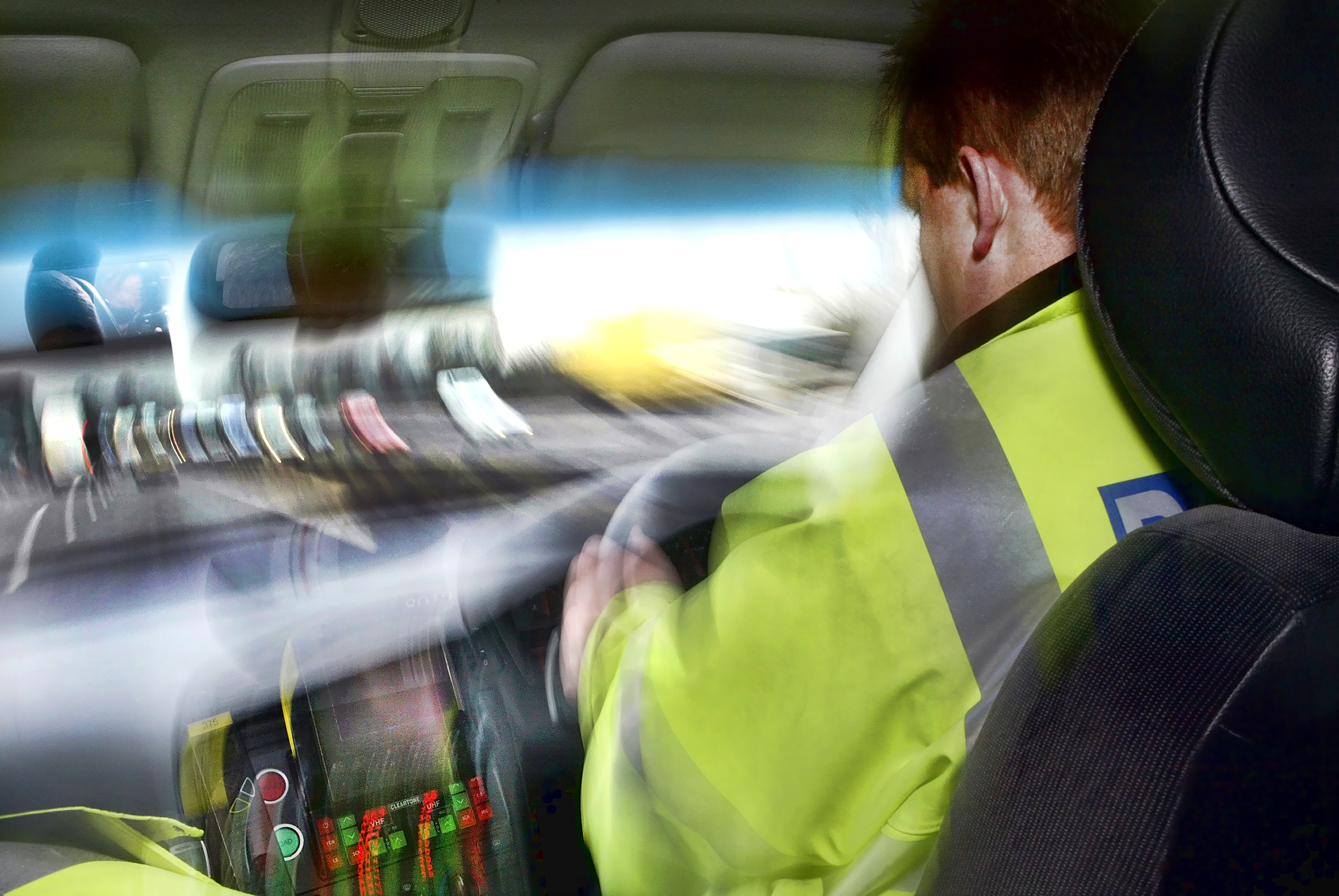Police drivers still at risk of prosecution
THE delay in the second reading of a bill which could help protect police drivers from unfair prosecution is a ‘real blow’ according to South Yorkshire Police Federation.
The Emergency Response Drivers (Protections) Bill was due to be heard and debated by MPs last month.
But it now won’t be read until July 6th meaning South Yorkshire Police drivers are still at risk of being prosecuted for incidents that happen while in pursuit and even on other routine driving duties.
Calling the delay ‘frustrating’, South Yorkshire Police Federation Chair Zuleika Payne wants to ensure that officers’ extra training is recognised in law.
“It’s come as a real blow,” she said.
“And it’s frustrating for everyone concerned. At the end of the day we are just trying to protect the public, protect life and protect property, so anything which can help frontline officers to achieve this has to be a good thing.
“That’s why this bill is important – to stop officers being criminalised for just doing their job. Police drivers aren’t just DoT (Dept of Transport) licence holders, they receive specific training, that has to be understood and recognised.”
The Police Federation of England and Wales has been campaigning on the issue for months. Pursuits Lead Tim Rogers called the delay ‘devastating’ but has vowed to fight on for members.
“What are our members and fellow emergency response drivers to do in the meantime?” he asked.
“How many more lives could be ruined going through lengthy legal proceedings – ultimately criminalising officers for just doing their job?”
“It means officers are trying to do their jobs with ‘one hand tied behind their back.’
For Zuleika it’s also about ensuring South Yorkshire communities are aware of the problems officers face.
“The underlying issue here for operational frontline officers is obviously the concern and potential fear of criticism,” she said.
“As far as the communities are concerned, the very people that we’re trying to serve, there has to be a degree of understanding as to what it is officers are trying to achieve.
“What we don’t want to see is officers being criminalised, but we also don’t want to see officers coming under attack and being criticised for not being prompt and swift in their endeavours and attempts to serve the public.”

